Concord, Massachusetts, boasts a storied history deeply intertwined with the fabric of American heritage.
From its early colonial settlements to its pivotal role in the Revolutionary War and its emergence as a literary and intellectual hub, Concord’s history is a testament to resilience, innovation, and cultural significance.
This historic town, nestled along the banks of the Concord River, has witnessed key moments that shaped the nation’s course, including the Battles of Lexington and Concord, which ignited the flames of independence.
Moreover, Concord’s renowned authors and thinkers, such as Ralph Waldo Emerson and Henry David Thoreau, have left an indelible mark on American literature and philosophy, solidifying the town’s reputation as a beacon of intellectual thought.
Delving into Concord’s past unveils a narrative of triumphs, challenges, and enduring legacy that continues to captivate and inspire generations. Stay focused.
The Indigenous Roots in the Concord Massachusetts History
Concord, Massachusetts, renowned for its pivotal role in American history, holds a rich tapestry of indigenous roots deeply woven into its past.
Long before the arrival of European settlers, the land of Concord was inhabited by indigenous peoples who cultivated a profound connection with the natural world and established vibrant communities.
Exploring these indigenous roots unveils a narrative of resilience, cultural richness, and enduring legacy that continues to shape Concord’s identity today.
Precolonial Settlements
Before European colonization, Concord and its surrounding areas were inhabited by various indigenous tribes, including the Massachusett, Nipmuc, and Wampanoag peoples.
These indigenous communities established settlements along the banks of rivers, such as the Assabet and Sudbury Rivers, utilizing the fertile land for agriculture, hunting, and gathering.
Cultural Traditions and Practices
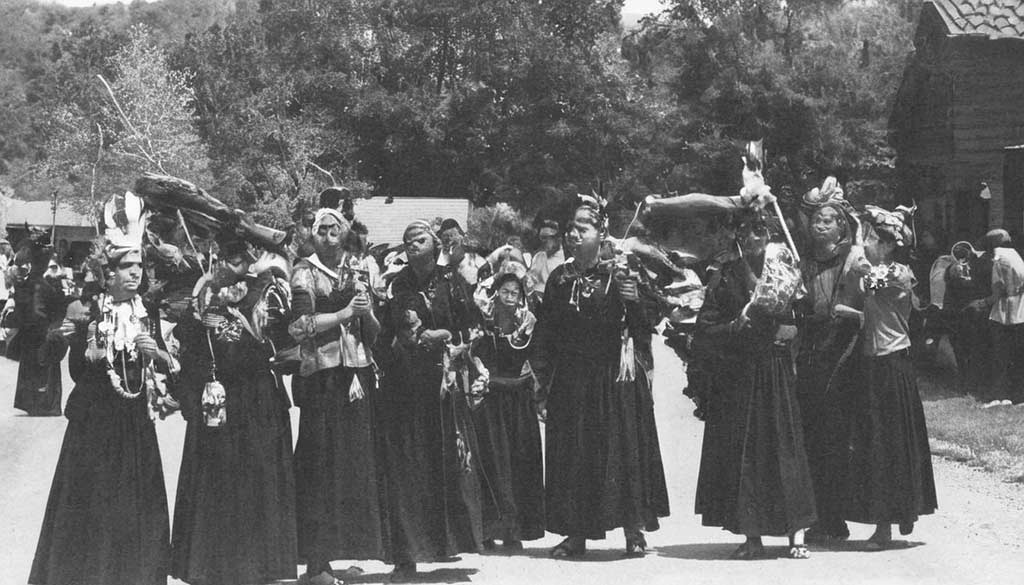
Indigenous peoples in Concord had rich cultural traditions, including storytelling, ceremonial rituals, and artistic expressions.
Their deep spiritual connection to the land is evident in their reverence for natural elements and the practice of sustainable land stewardship, which contributed to the region’s ecological balance.
Interaction with European Settlers
The arrival of European settlers, particularly in the 17th century, dramatically altered the landscape and dynamics of indigenous life in Concord.
Initial interactions ranged from trade and alliances to conflicts and displacement as colonial expansion encroached upon indigenous territories and resources.
Resilience and Adaptation
Despite the challenges posed by European colonization, indigenous communities in Concord demonstrated resilience by adapting to changing circumstances.
Some tribes negotiated treaties with settlers to protect their land and sovereignty. In contrast, others sought refuge in nearby communities or assimilated into colonial society while maintaining aspects of their cultural identity.
Legacy and Cultural Preservation
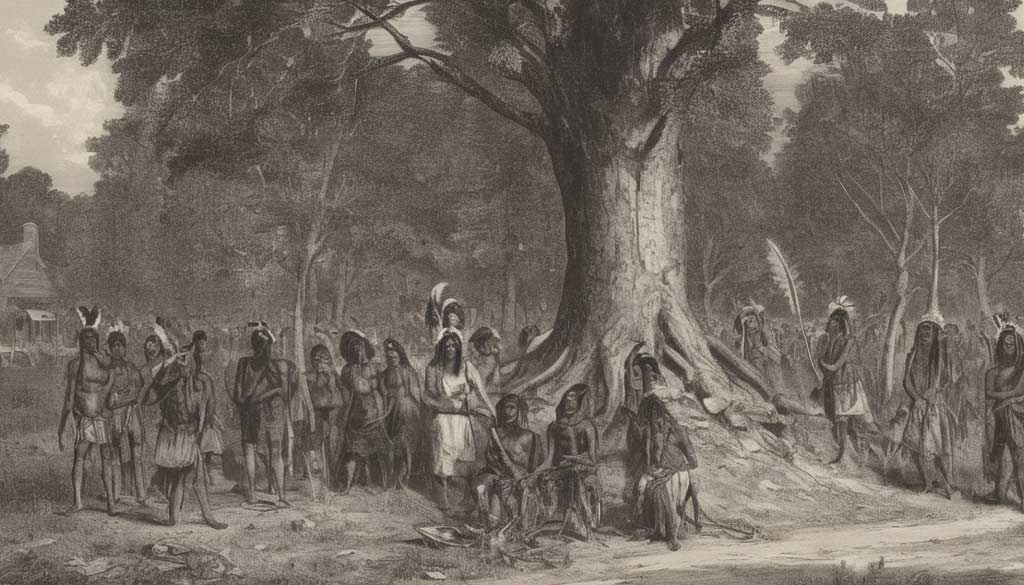
Today, efforts are underway to recognize and honor the indigenous heritage of Concord through initiatives such as land acknowledgments, educational programs, and partnerships with indigenous communities.
By preserving indigenous languages, traditions, and historical sites, Concord seeks to acknowledge the contributions of indigenous peoples and promote cultural understanding and reconciliation.
Early English Settlement and Growth of Concord, Massachusetts
Early English Settlement and Growth of Concord, Massachusetts:
Colonial Establishment
Concord, Massachusetts, was first settled by English colonists in the early 17th century following the establishment of the Massachusetts Bay Colony.
In 1635, the area was incorporated as a town and named “Concord” to signify harmony and agreement, reflecting the aspirations of its inhabitants.
Agricultural Expansion
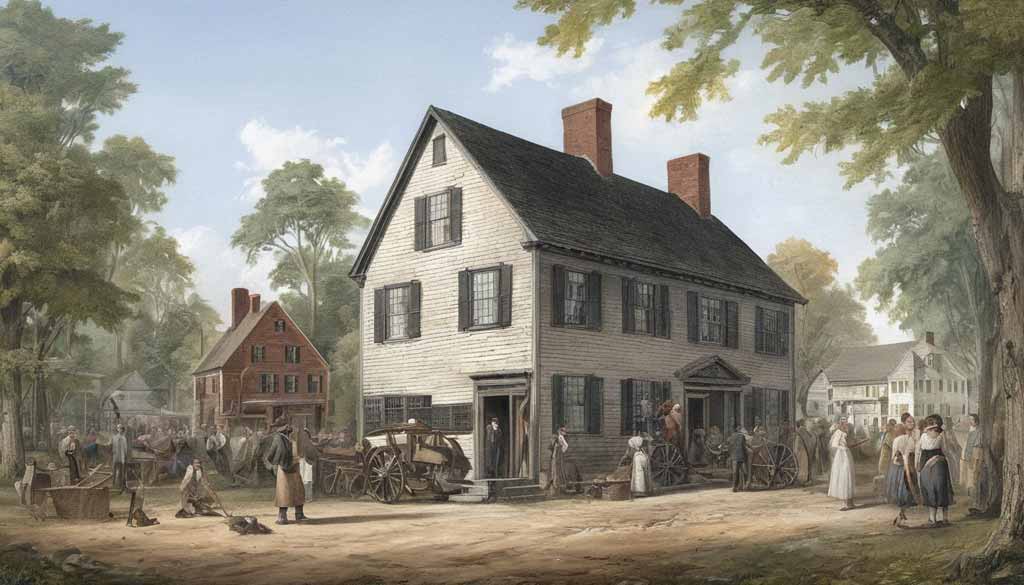
The fertile land surrounding the Concord River facilitated the growth of agriculture, with settlers primarily engaging in farming, livestock raising, and producing goods such as wheat, corn, and wool.
Establishing gristmills and sawmills along waterways further stimulated economic development and attracted more settlers to the region.
Role in Colonial Conflicts
Concord played a significant role in colonial conflicts, notably during the American Revolutionary War.
In April 1775, the town gained national prominence as the site of the Battles of Lexington and Concord, which marked the beginning of the Revolutionary War.
The iconic “Shot Heard ‘Round the World” was fired in Concord, symbolizing the start of the American struggle for independence from British rule.
Socioeconomic Development
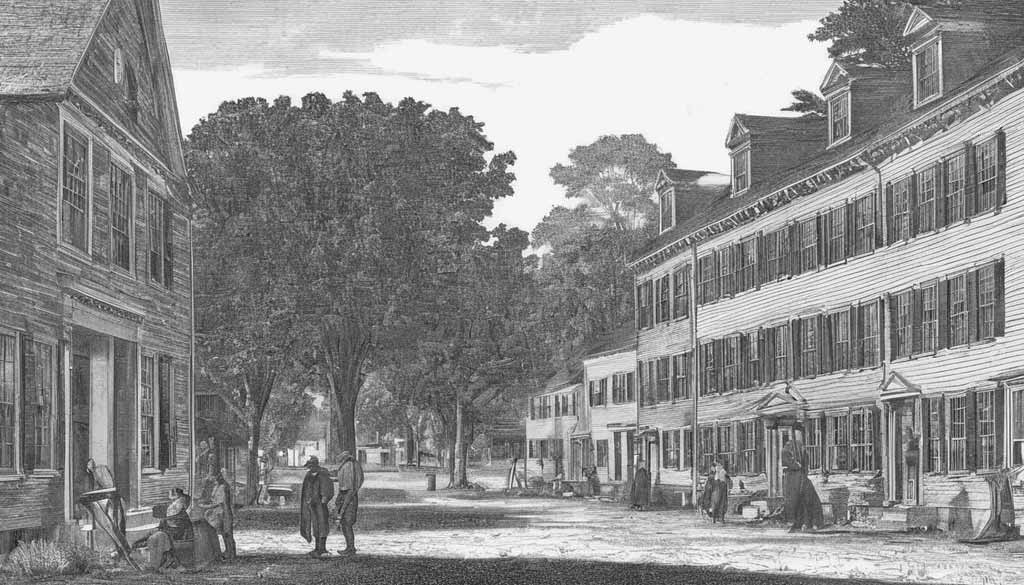
Throughout the 18th and 19th centuries, Concord experienced steady socioeconomic growth driven by expanding industries such as milling, shipping, and trade.
The town became known for its thriving literary and intellectual community, attracting writers, thinkers, and activists who contributed to its cultural significance.
Preservation of Historic Heritage
Concord’s rich history and connection to pivotal events in American history have led to efforts to preserve its historic heritage.
Many historic sites, including the Old North Bridge, Minute Man National Historical Park, and the homes of renowned writers like Ralph Waldo Emerson and Louisa May Alcott, have been preserved and designated as national landmarks.
These efforts to protect and showcase Concord’s colonial legacy serve to educate visitors and future generations about its role in shaping American history.
The early English settlement and growth of Concord, Massachusetts, reflect a blend of agricultural prosperity, pivotal colonial conflicts, socioeconomic development, and the preservation of historic heritage.
Concord Massachusetts, As the Literary and Intellectual Hub
Concord, Massachusetts, has long been celebrated as a literary and intellectual hub, drawing writers, thinkers, and activists who contributed significantly to American culture and thought.
Here’s an exploration of Concord’s role in fostering literary and intellectual endeavors:
Transcendentalism and the Concord Authors
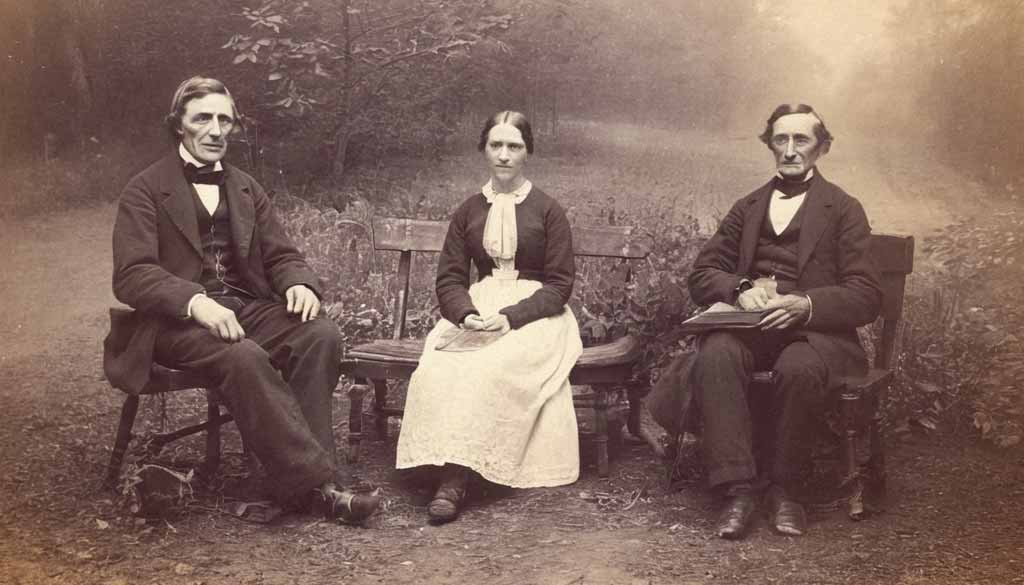
Concord became synonymous with the Transcendentalist movement in the mid-19th century, a philosophical and literary movement centered around the belief in the inherent goodness of humanity and the importance of intuition and individualism.
Notable Transcendentalist figures, including Ralph Waldo Emerson, Henry David Thoreau, and Margaret Fuller, resided in Concord, shaping the movement’s ideas through their writings and discussions.
Literary Landmarks
Concord boasts numerous literary landmarks associated with its famous residents. These include Ralph Waldo Emerson’s home, known as the Old Manse, where he penned essays and poems that influenced generations of writers.
Another iconic site is Thoreau’s cabin at Walden Pond, where he lived for over two years and wrote his seminal work, “Walden,” reflecting on the simplicity and beauty of nature and the importance of self-reliance.
Concord Authors’ Circle
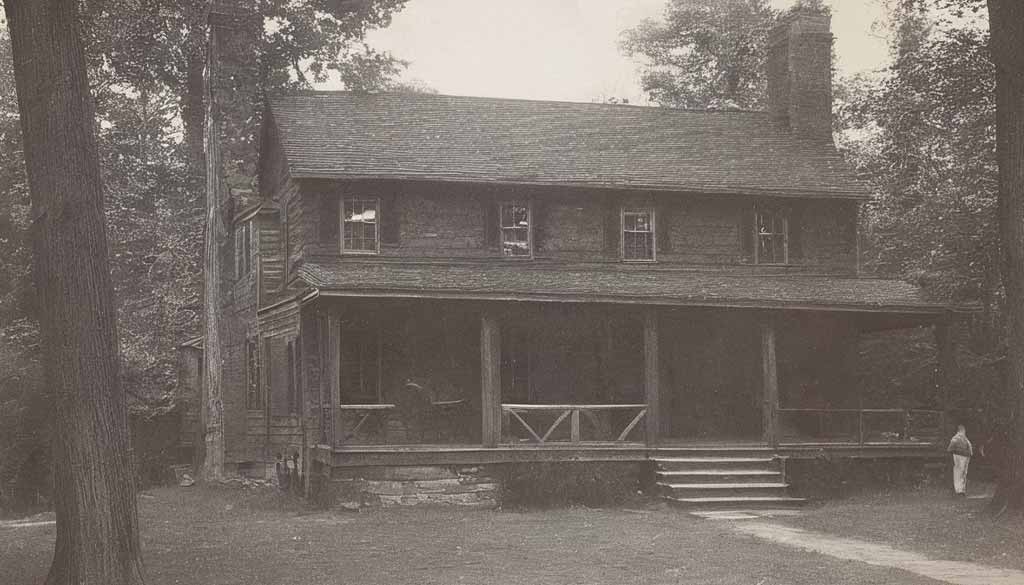
The proximity of Concord’s literary figures fostered a vibrant intellectual community known as the Concord Authors’ Circle.
Regular gatherings and discussions held at the homes of Emerson, Thoreau, and others served as forums for exchanging ideas and shaping the intellectual landscape of the time.
Social Reform and Activism
Concord’s literary and intellectual community was closely intertwined with social reform movements of the era, including abolitionism, women’s rights, and environmental conservation.
Writers such as Louisa May Alcott, author of “Little Women,” and Bronson Alcott, her father, and an educator, actively advocated for social justice and educational reform.
Legacy and Influence
Concord’s literary and intellectual legacy continues to resonate today, inspiring subsequent generations of writers, scholars, and activists.
Concord’s literary heritage is celebrated through events like the Concord Festival of Authors and the annual Thoreau Society gathering, which bring together enthusiasts and scholars to explore the town’s rich literary history.
Necessary Steps for Preserving Concord’s Heritage
Preserving Concord’s heritage requires a concerted effort from various stakeholders, including local government, community organizations, historical societies, and residents.
Here are some necessary steps for effectively preserving Concord’s heritage:
Documentation and Research
Conduct comprehensive documentation and research efforts to identify Concord’s historically significant sites, structures, artifacts, and stories.
Utilize archival materials, oral histories, and other sources to gather information about the town’s cultural, architectural, and social history.
Historic Preservation Planning
Develop and implement a strategic historic preservation plan that outlines goals, priorities, and strategies for safeguarding Concord’s heritage.
Establish zoning ordinances, design guidelines, and preservation incentives to protect historic properties and landscapes from inappropriate development and deterioration.
Land Conservation and Stewardship
Acquire and protect open spaces, natural areas, and historic sites through land conservation efforts, such as conservation easements, land trusts, and public-private partnerships.
Implement sustainable stewardship practices to maintain and enhance the ecological and cultural integrity of Concord’s landscapes and resources.
Public Education and Outreach
Increase public awareness and appreciation of Concord’s heritage through educational programs, interpretive signage, guided tours, and community events.
Engage residents, students, and visitors in learning about the town’s history, architecture, and cultural traditions through hands-on activities and immersive experiences.
Collaboration and Partnerships
Foster collaboration and partnerships among local government agencies, nonprofit organizations, academic institutions, and private stakeholders to leverage resources and expertise for heritage preservation initiatives.
Establish a heritage preservation commission or advisory board to facilitate coordination and communication among stakeholders and oversee the implementation of preservation efforts.
Adaptive Reuse and Rehabilitation
Encourage adaptive reuse and rehabilitation of historic buildings and structures to ensure continued use and relevance within the community.
Provide technical assistance, financial incentives, and regulatory flexibility to support property owners in preserving and maintaining historic properties while accommodating contemporary needs.
Advocacy and Support
Advocate for policies, funding, and resources at the local, state, and federal levels to support heritage preservation initiatives in Concord.
Mobilize community support and grassroots activism to raise awareness of threats to Concord’s heritage and advocate for its protection and stewardship.
FAQs
How did Concord contribute to the American literary tradition?
Concord’s intellectual community, including luminaries like Emerson and Thoreau, fostered the Transcendentalist movement, which emphasized individualism and connection to nature.
Their works, such as Emerson’s essays and Thoreau’s “Walden,” became foundational texts in American literature, inspiring generations of writers and thinkers.
What is the significance of the Old North Bridge in Concord?
The Old North Bridge holds immense historical significance as the site of the first military engagement of the Revolutionary War.
On April 19, 1775, colonial militia members clashed with British soldiers here, marking a pivotal moment in American history and symbolizing the fight for independence.
How has Concord preserved its historic heritage?
Concord has prioritized historic preservation by establishing national landmarks such as the Old Manse and Walden Pond.
The town also implements zoning ordinances and conservation efforts to protect its historic structures, landscapes, and cultural traditions for future generations.
What role did Concord play in social reform movements?
Concord was a center for social reform movements, with residents like Louisa May Alcott and Bronson Alcott actively involved in abolitionism, women’s rights, and educational reform.
Their advocacy and writings contributed to broader social change and the advancement of progressive ideals in American society.
Wrapping Up
Concord, Massachusetts, holds a special place in American history, symbolizing resilience, cultural vibrancy, and intellectual dynamism.
Its significance spans pivotal moments such as the Revolutionary War, where the battles of Lexington and Concord ignited the flames of independence.
Beyond its military legacy, Concord’s intellectual community, including luminaries like Ralph Waldo Emerson and Henry David Thoreau, contributed groundbreaking works that shaped American literature and philosophy.
This rich tapestry of events underscores Concord’s enduring spirit, where past struggles inform present aspirations for a better future.
As a beacon of heritage, Concord inspires reverence for its past while galvanizing efforts to uphold its values of freedom, creativity, and social progress. Best wishes.
Jaclyn Lowe